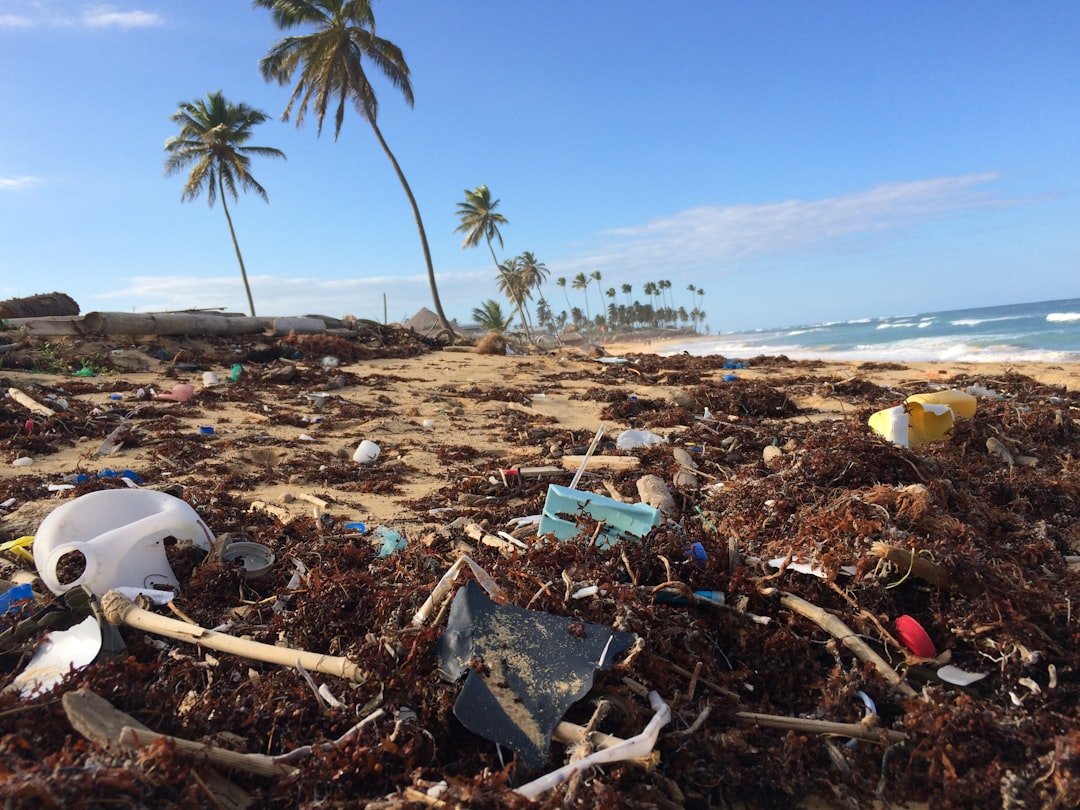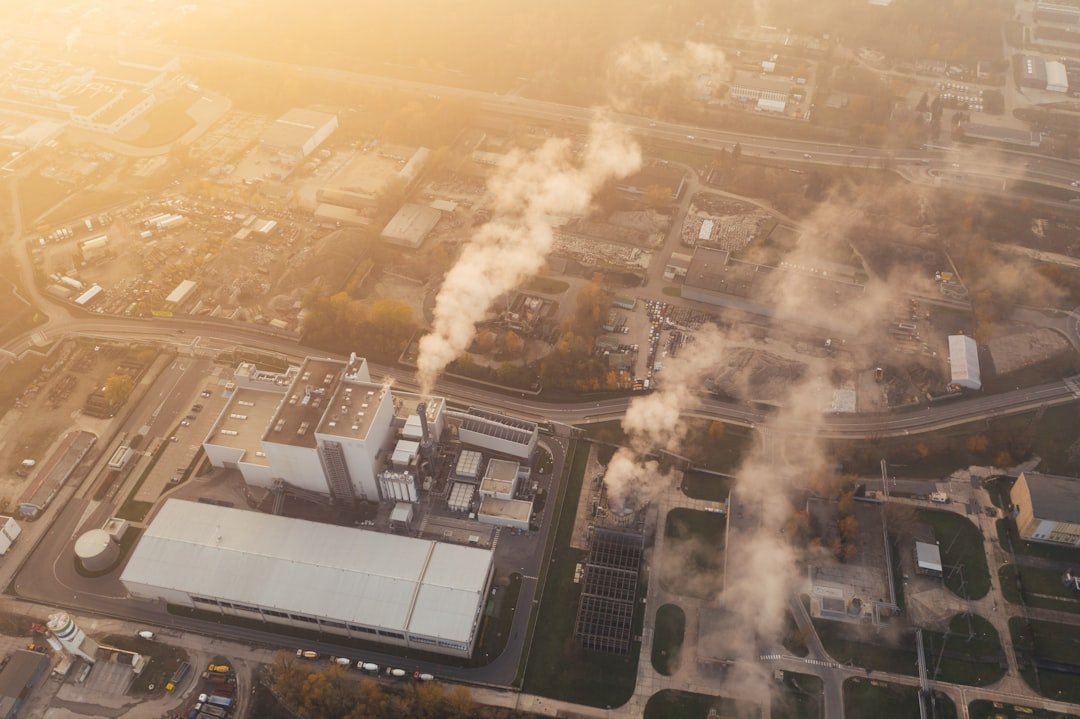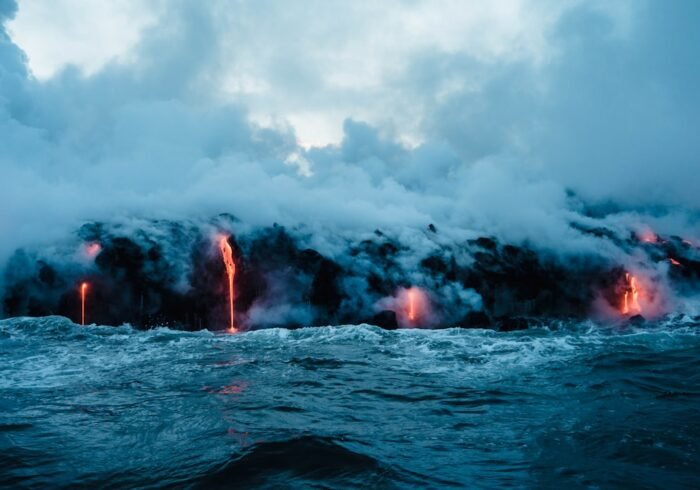The Growth of Plastic Pollution One of the most important environmental issues of the twenty-first century is plastic pollution. The production & use of plastic have increased dramatically over the last few decades, resulting in a startling rise in plastic waste. Plastic is widely used in a variety of industries, including construction and packaging, due to its ease of use and adaptability. However, there is a substantial environmental cost associated with this convenience. The astounding amount of waste that has accumulated as a result of the annual production of over 300 million tons of plastic, most of which ends up in landfills, the ocean, and other natural habitats.
Key Takeaways
- Plastic pollution has risen dramatically in recent years due to increased production and improper disposal of plastic waste.
- Plastic pollution has a significant environmental impact, contributing to habitat destruction, soil and water contamination, and greenhouse gas emissions.
- Marine life is severely affected by plastic pollution, with many species ingesting or becoming entangled in plastic debris, leading to injury and death.
- Human health is at risk due to the consumption of seafood contaminated with plastic particles and exposure to harmful chemicals from plastic products.
- The economic consequences of plastic pollution are substantial, including costs for cleanup, loss of tourism revenue, and damage to fishing and shipping industries.
Many factors, such as population growth, fast urbanization, & a consumer culture that values convenience over sustainability, are to blame for the rise in plastic pollution. Straws, bottles, and other single-use plastics have proliferated in daily life & are a major contributing factor to the issue. Since these products frequently take hundreds of years to decompose, many consumers are still ignorant of the long-term effects of their decisions. As more people become aware of the negative consequences of plastic pollution, it is becoming more and more obvious that this crisis requires immediate attention.
Effects of Plastic Pollution on the Environment Plastic pollution has a significant and complex effect on the environment. Plastics do not biodegrade; instead, they fragment into tiny particles called microplastics, which can enter ecosystems and interfere with normal functions. Oceans, freshwater systems, and soil all contain these microplastics, which endanger ecosystem health & biodiversity. Plastic waste buildup in natural areas damages habitats and changes the environment’s chemical & physical characteristics.
Also, climate change is exacerbated by plastic pollution. Global warming is exacerbated by greenhouse gas emissions from the manufacture and burning of plastics. Further contaminating ecosystems, plastics can release toxic chemicals into soil & water systems as they decompose in the environment. Although research into the long-term effects of these changes is ongoing, the evidence points to plastic pollution as a serious threat to the health of the planet rather than merely an aesthetic concern. Impacts on Marine Life Marine life is especially susceptible to the negative consequences of plastic pollution. Given that millions of tons of plastic debris enter marine environments annually, the oceans are frequently viewed as a landfill.
| Impact of Plastic Pollution | Statistics |
|---|---|
| Plastic Waste in Oceans | 8 million tons per year |
| Marine Species Affected | Over 700 species |
| Microplastics in Food Chain | 90% of seabirds have ingested |
| Plastic Production | Over 300 million tons per year |
| Plastic Recycling Rate | Only 9% |
Seabirds consume tiny pieces of plastic, which causes malnourishment & death, and sea turtles confuse plastic bags for jellyfish. When fish and other marine life get tangled in bigger pieces of plastic waste, they may get hurt or drown. Also, ingesting plastics can cause toxic buildup in marine food webs, which can impact entire ecosystems as well as individual species. The effects on marine life are concerning. According to studies, marine debris affects more than 800 species, many of which are in danger of going extinct as a result of habitat loss & food shortages brought on by plastic pollution.
Plastic waste has a negative impact on coral reefs, which are essential to marine ecosystems. Plastics can make corals more susceptible to disease and make it more difficult for them to recover from environmental stressors. Plastic pollution continues to endanger marine life, endangering the delicate balance of ocean ecosystems.
Effects on Human Health Plastic pollution has serious negative effects on human health in addition to environmental ones. Food items, drinking water supplies, and even the air we breathe have been found to contain microplastics. These microscopic particles can accumulate over time & have the potential to have negative health effects after entering the body through inhalation or consumption. Although studies on the long-term effects of microplastic exposure are still in progress, initial findings point to connections with inflammation, hormone disruption, and other health problems.
There are worries regarding these substances’ potential to affect the development & health of the reproductive system because they can seep into food and drinks from plastic containers.
Understanding the possible risks connected to plastic consumption is becoming more and more crucial for both individuals & communities as awareness of these risks increases. Economic Repercussions Plastic pollution has wide-ranging & intricate economic effects. Cleaning up plastic waste is expensive; every year, governments and organizations spend billions on waste management and cleanup. Taxpayers and local communities that have to cope with the effects of plastic pollution are frequently the ones who bear the financial burden. Also, the degradation of natural habitats by plastic waste hurts industries like tourism and fishing that depend on clean environments.
Also, the financial impact includes the expenses related to plastic pollution’s effects on public health. Healthcare systems are under more stress as communities deal with health problems related to microplastics and chemical exposure from plastics. If plastic pollution is not reduced, there may be serious long-term economic repercussions.
In addition to reducing these expenses, investing in waste management & sustainable alternatives may open up new business prospects in environmentally friendly sectors. Solutions to Combat Plastic Pollution Governments, corporations, and individuals must all play a part in a multifaceted strategy to address the problem of plastic pollution. Promoting sustainable substitutes for single-use plastics is one practical way to solve the problem. Reusable goods and biodegradable materials can drastically cut down on the use of conventional plastics. Reducing plastic waste can also be achieved by encouraging companies to use eco-friendly procedures, such as compostable packaging.
In order to combat plastic pollution, education is essential. Educating consumers about the negative effects of plastics on the environment can enable them to make wise decisions about their consumption patterns. Individuals can develop a sense of responsibility while encouraging group action against plastic pollution through community initiatives aimed at reducing plastic use, such as educational workshops or local clean-up events. The escalating issue of plastic pollution necessitates the implementation of government policies & regulations.
To promote more sustainable practices, several nations have started to impose taxes on plastic products or ban single-use plastics. These rules can encourage responsible consumption among citizens and spur innovation in substitute materials. Countries like France, for example, have made important progress by encouraging the use of reusable bags & outlawing plastic ones.
In order to combat plastic pollution globally, international collaboration is also essential. In order to decrease marine litter & encourage sustainable practices, nations are working together through initiatives like the United Nations Environment Programme’s Clean Seas campaign. Governments can cooperate to build a more sustainable future for the earth by establishing international agreements & frameworks for managing plastic waste.
Individual Responsibilities Although systemic change is essential in the fight against plastic pollution, it is impossible to ignore personal accountability. Making thoughtful decisions in daily life can help each individual lessen their plastic footprint. Reducing plastic waste can be achieved by taking small steps like using stainless steel water bottles, carrying reusable bags, or choosing to buy in bulk. Also, people can promote change in their communities by taking part in cleanup campaigns or lending support to neighborhood projects that aim to cut back on plastic use.
By encouraging friends and family to understand the value of cutting back on plastic use, people can motivate others to follow suit. In the end, combating plastic pollution calls for a team effort that starts with personal decisions and progresses to more significant societal shifts. In conclusion, all facets of society must give immediate attention to the serious problem posed by the increase in plastic pollution. The effects on ecosystems and human health are equally severe, and there are also major economic ramifications.
Nevertheless, this crisis can be successfully addressed by teamwork combining governmental regulations, neighborhood projects, & personal accountability. In order to create a cleaner and healthier future for future generations, society must adopt sustainable practices and raise awareness of the risks posed by plastic pollution.
Plastic pollution is a pressing environmental issue that requires urgent attention. According to a recent article on revolutionizing conservation and the future ahead, the impact of plastic pollution on marine ecosystems is devastating. The article highlights the need for innovative solutions and collaborative efforts to address this growing problem. By understanding the importance of conservation and implementing effective programs, we can work towards a cleaner and healthier planet for future generations.
FAQs
What is plastic pollution?
Plastic pollution refers to the accumulation of plastic products in the environment that have a negative impact on wildlife, natural habitats, and human health. This includes plastic bags, bottles, straws, and other single-use items that are not properly disposed of and end up in oceans, rivers, and landfills.
How does plastic pollution affect the environment?
Plastic pollution has a detrimental impact on the environment. It can harm wildlife through ingestion or entanglement, disrupt ecosystems, and contribute to habitat destruction. Additionally, plastic pollution can leach harmful chemicals into the soil and water, leading to further environmental degradation.
What are the sources of plastic pollution?
The main sources of plastic pollution include single-use plastics such as bags, bottles, and packaging, as well as microplastics from the breakdown of larger plastic items. Industrial and commercial activities, as well as improper waste management and littering, also contribute to plastic pollution.
How does plastic pollution affect human health?
Plastic pollution can impact human health through the ingestion of contaminated seafood, exposure to harmful chemicals leached from plastics, and the inhalation of microplastics in the air. Additionally, plastic pollution can contribute to the spread of disease by creating breeding grounds for disease-carrying organisms.
What are the solutions to plastic pollution?
Solutions to plastic pollution include reducing the production and consumption of single-use plastics, improving waste management and recycling infrastructure, promoting the use of biodegradable and compostable alternatives, and implementing policies and regulations to address plastic pollution at local, national, and global levels. Individual actions such as reducing plastic usage and properly disposing of plastic waste also play a crucial role in addressing the issue.



